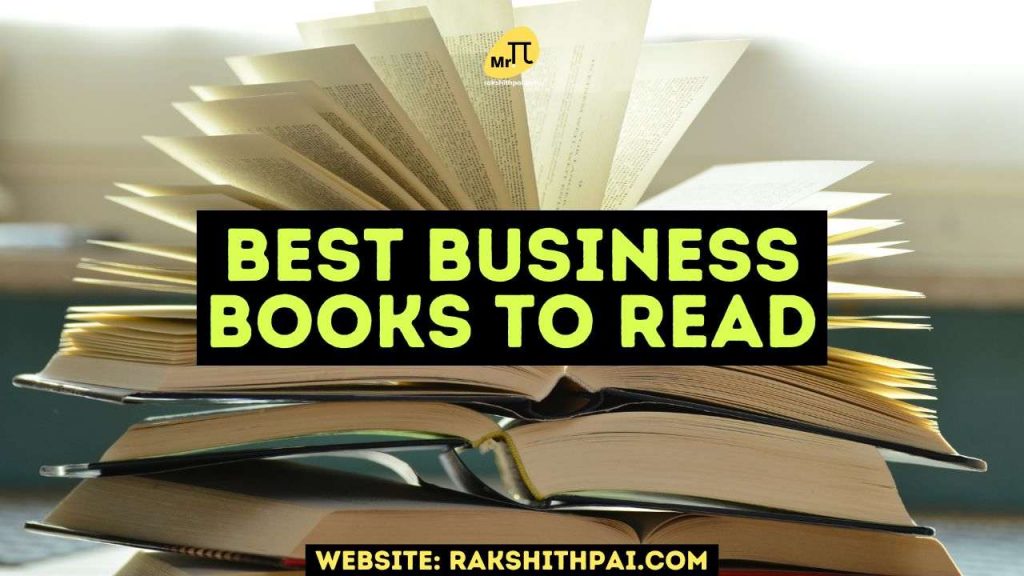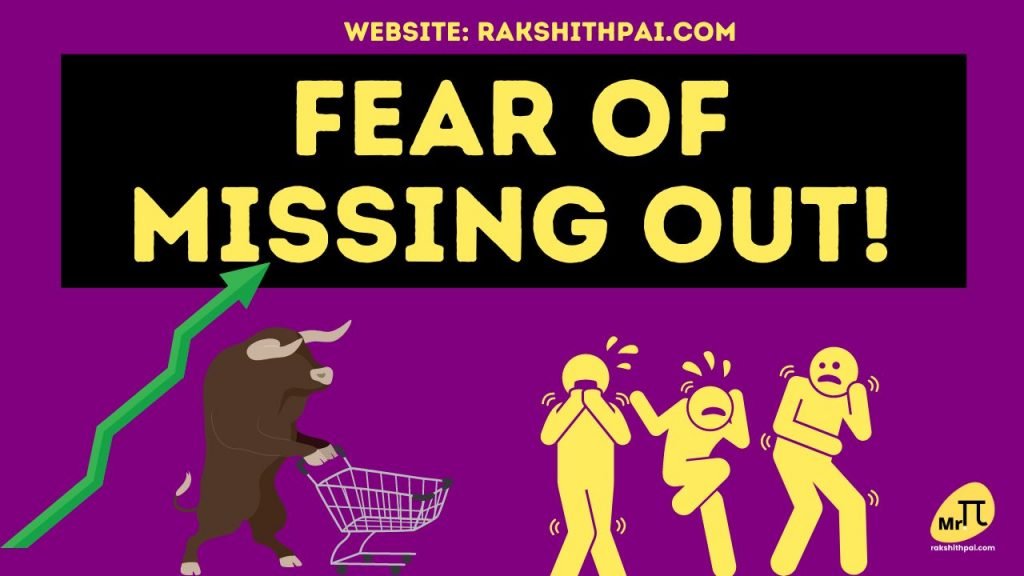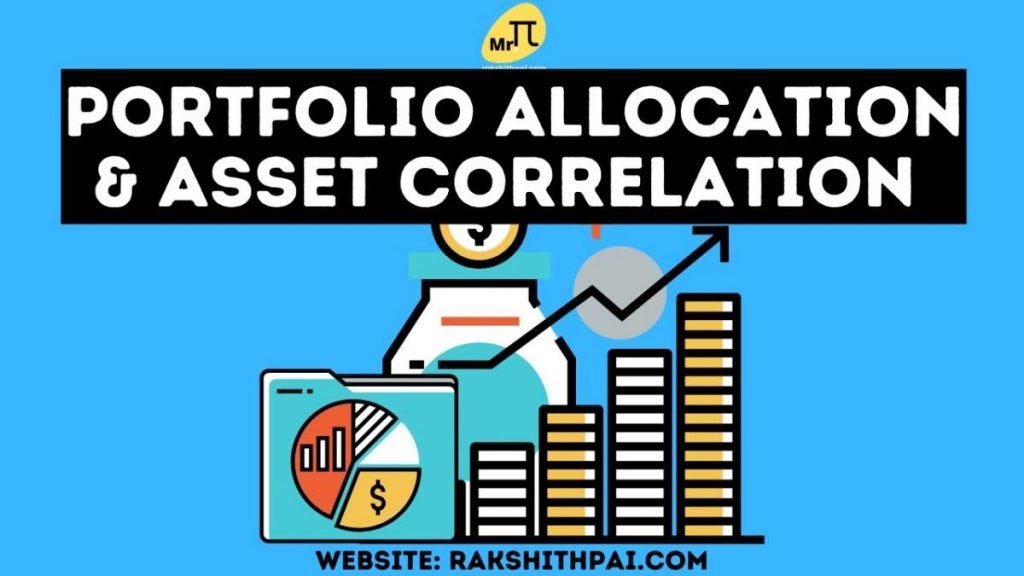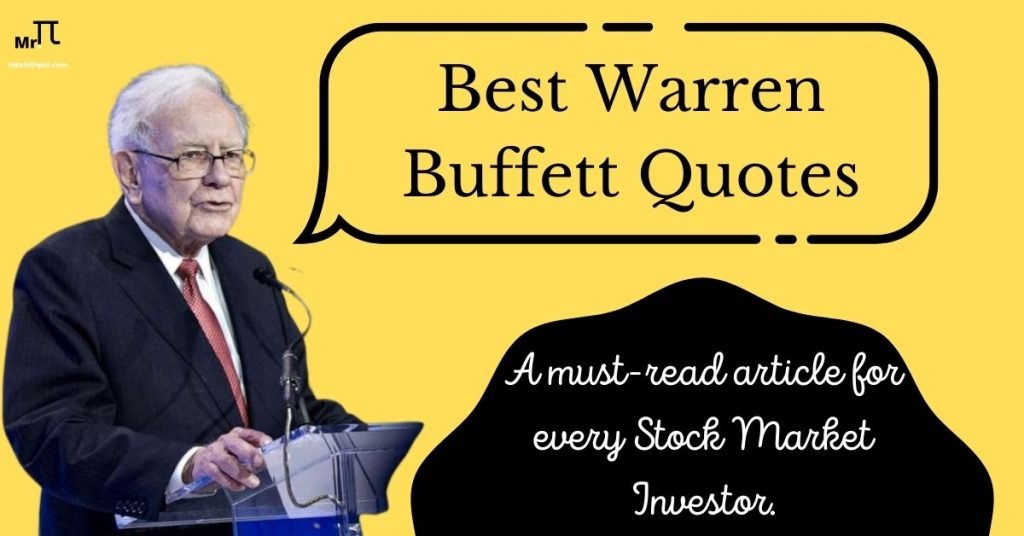Table of Contents
Importance of Business Books:
People who read business books can learn from psychological business principles, stories that can help them avoid making the same mistakes, and self-help tips that can help them be more productive.
In spite of the fact that starting a business often represents a radical break from conventional career routes, solopreneurs and small business owners aren’t doomed to fail if they reach out for help. Books written by industry insiders are an excellent resource for gaining insight and advice from the pros as you steer your company toward success.
Business professionals and readers highly recommend the following 10 entrepreneurial books on the popular book review site. They are sure to give new energy to seasoned business leaders and new ideas to the next generation of business owners.
Are business books worth reading?
Reading a book about business can be a great way to learn how another person dealt with, and ultimately triumphed over, similar obstacles. They are an excellent source of information and inspiration for new methods. They can show you other ways to do things, give you a different point of view, or give you the motivation you need.
They save you from stumbling blindly through the dark and learning everything the hard way. The alternative is to gain insight from the blunders of others. You have the ability to see the red flags that they ignored and make a U-turn before it’s too late. Their expansion methods have already been put to the test so that you can use them with confidence. A powerful buddy or guide is as close as the palm of your hand if you have access to their voice.
10 Best Business Books You Must Read!
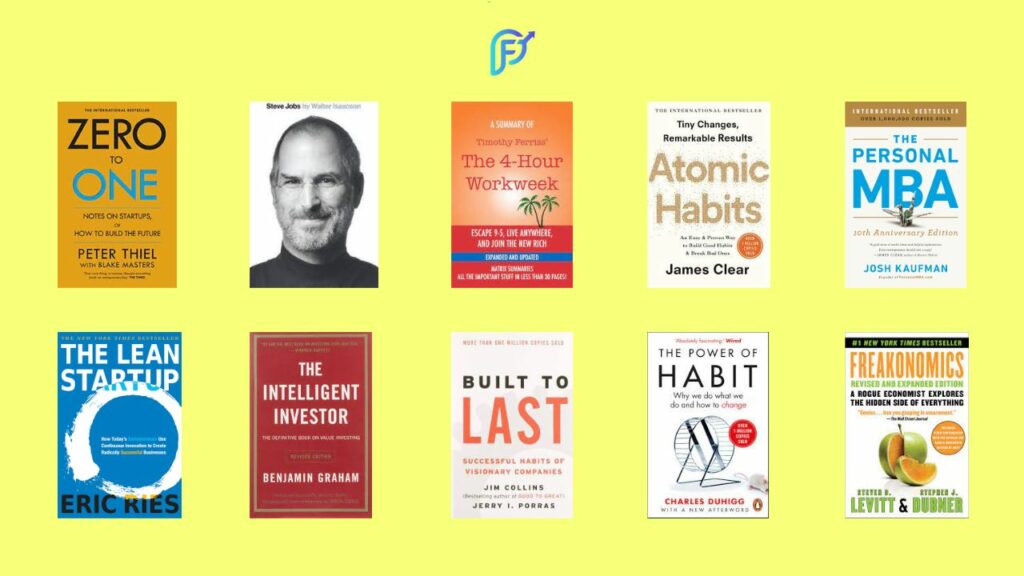
Zero to One: Peter Thiel
In books, you can find useful tips for promoting your business, making sales, and organizing your operations. Then there are books that encourage you to throw them out the window and try something so different that you won’t even be competing with the people who read the other books.
One such book is presented here. To put it mildly, Peter Thiel is an outlier. A chess grandmaster by age 21, a law degree by age 25, and a $1.5 billion exit from a startup by age 35. What you can do to develop the future of your startup and influence the future of the planet is what Zero to One will teach you.
The original technology or idea required vertical development to get from zero to one. Apple accomplished the same thing when it introduced the iPhone in 2007 and revolutionized the mobile phone industry.
A firm that aims to significantly alter the world must begin with a single person and grow from there, rather than the other way around. To achieve this goal, you must first challenge many of your preconceived notions about the here and now.
Steve Jobs: Walter Isaacson
The definitive biography of the man who founded Apple, the world’s most valuable technological business. Steve was able to build the most valuable technology company in the world by using his charisma, exaggeration, marketing, and determination to convince himself and his audience that anything was possible.
It is the most in-depth biography of Steve Jobs. It was written by Walter Isaacson, the former CEO of CNN and managing editor of Time Magazine, with Steve’s help and knowledge. Over the course of the last two years before Jobs’ death, Isaacson interviewed him more than 40 times to make this book happen.
The 4-Hour Workweek: Timothy Ferriss
In Tim Ferriss’s The 4-Hour Workweek, you’ll learn how to quit your 9-to-5 job and build a thriving side business. Using the money you save, you can live like a millionaire without having to make a million dollars.
There is no need to introduce Tim Ferriss. This book is what brought him to the public’s attention; he is basically a computerized version of Indiana Jones. This book is Tim’s account of how he left his own firm to pursue his passions for learning and travel. It was written more out of irritation than for the love of writing.
If Tim’s life were to be built according to one rule, it would be the 80/20 rule (also known as the Pareto principle). Considering how much time we squander while on the job, it’s not a good metric that most individuals use to gauge their productivity.
Tim says that you should put most of your effort where it will pay off the most, which is usually in the top 20 percent of activities. He once stated that rather than attempting to do as many things as possible well, concentrate on the few things that will result in the greatest improvement.
Atomic Habits: James Clear
In four simple steps, Atomic Habits reveals how even the smallest adjustments to your daily routine can have a profound impact on your life over time, making it the go-to resource for anybody looking to change their habits for the better.
James had an accident. It took him nearly a year to get back to normal after a classmate at his high school whacked a baseball bat into his face. He had to make small changes if he wanted to get his baseball career back on track. Slowly but surely, he amassed enough excellent habits in college to earn a spot on the All-American Academic Team, which included only 33 players.
Today, his JamesClear blog has made him one of the world’s most well-known habit researchers. Atomic Habits, his debut book, has become the go-to resource on the subject and a New York Times bestseller.
James claims that one’s environment acts like an “invisible hand” to form one’s habits. That’s why the first step in creating any habit is always responding to a cue. It’s possible that it’s internal, but in most cases, it’s not.
All sorts of positive routines can benefit from this, from exercising to working on a side project to spending more time with loved ones. To counteract unhealthy behaviors, do the opposite. You should make them invisible, unpleasant, challenging, and unsatisfied. You could, for instance, put your cigarettes out of sight, impose monetary penalties, do away with all of your lighters, and only allow yourself to smoke when standing in the cold.
The Personal MBA: Josh Kaufman
The Personal MBA can help you save hundreds of thousands of dollars since it details everything you need to know to launch a successful business but it is not taught in costly universities.
One of the major manufacturers of consumer goods in the world, where Josh Kaufman once worked, is Procter & Gamble (things like shampoo, deodorant, toilet paper, toothpaste, lotions, soap, and even foods and drinks). This book didn’t become a major hit until 2011.
Josh’s work has drawn millions of readers to his blog, and he is now a full-time researcher, speaker, and writer. His book has sold several hundred thousand copies.
Josh says you should prepare for the meeting in advance by doing things like making sure the person you’ll be meeting with is real decision-making authority and wasn’t just sent to waste your time. It also involves picking the environment in which you believe you will perform best; for instance, you may feel more at ease communicating over the phone than face-to-face.
The Lean Startup: Eric Ries
Eric Ries says that a startup is a company whose main goal is to create a new product or service while working in a very unstable environment.
Companies based on the Lean Startup methodology are more likely to be profitable and make efficient use of human ingenuity. It is based on the principles of lean manufacturing and makes use of “validated learning,” rapid scientific experimentation, and other seemingly intuitive methods in order to reduce the time it takes to bring a product to market, avoid the use of misleading “vanity metrics,” and find out exactly what it is that consumers want. It lets a business quickly change direction, making changes millimeter by millimeter and minute by minute.
Business owners of all sizes may benefit from The Lean Startup’s methodology because it allows them to constantly test their vision and make necessary adjustments before it’s too late. In a time when businesses need innovation more than ever, Mr.Ries gives a scientific method to building and managing successful startups.
The Intelligent Investor: Benjamin Graham
Warren Buffett has called Benjamin Graham’s The Intelligent Investor the “greatest book ever published on investing,” demonstrating the book’s prominence and influence in the field of value investing. If there is only one book on investing worth buying in a lifetime, this one is it.
Benjamin Graham’s The Definitive Book on Value Investing was released for the first time in 1949. People all around the globe have learned from and been inspired by this book, which is widely considered to be the best guide to financial investing published in the twentieth century. The Intelligent Investor by Benjamin Graham has become the stock market bible due to his “value investing” theory that protects investors from making costly mistakes. Graham also tells us how to come up with long-term plans that will help us achieve our financial goals.
Built to Last: James C. Collins & Jerry I. Porras
A book on forward-thinking businesses. This is what Jim Collins and Jerry Porras argue in this ground-breaking book. It busts myths, gives new points of view, and gives people who want to build iconic businesses the last piece of advice they can use. This is not a book about inspiring visionary leaders. There is no need for futuristic ideas for items or groundbreaking research into the industry. Further, it’s not enough to just have a company vision. What this book is about is far deeper, longer-lasting, and more significant.
In addressing various concerns, Collins and Porras go beyond the constant stream of management fads and buzzwords of the day to identify the enduring traits that have always set apart industry leaders. Aspiring CEOs and business owners can learn from them because they disprove the idea that only outgoing leaders with a flair for the dramatic can start really innovative businesses.
Built to Last gives a master plan for building businesses that will be successful well into the 21st century and beyond. It has hundreds of real-world examples that fit into a framework of practical principles that managers and business owners at all levels can use.
The Power of Habit: Charles Duhigg
Charles Duhigg, a business writer for the New York Times and winner of several journalism awards, brings readers to the cutting edge of scientific findings in his book The Power of Habit, which explores the nature of habits and how they might be altered. With his keen intellect and skill at condensing massive quantities of knowledge into compelling narratives, Duhigg brings to life a brand new understanding of human nature and its transformative potential.
Through this process, we gain insight into the factors that allow certain individuals and organizations to undergo radical transformations, while others appear to undergo little more than a facelift. We go to research facilities where neuroscientists are trying to figure out how habits function and where in the brain they could be stored.
Here, we learn how the good routines of Olympic swimmer Michael Phelps, Starbucks CEO Howard Schultz, and civil-rights icon Martin Luther King, Jr., were vital to their achievements. We get a look behind the scenes at Procter & Gamble, Target, Rick Warren’s Saddleback Church, the NFL locker rooms, and the country’s biggest hospitals. We see for ourselves how adopting what has become known as “keystone habits” has led to billions of dollars in profits and saved countless lives.
At the heart of The Power of Habit is an interesting claim: understanding how habits work is the key to regular exercise, losing weight, raising great kids, being more productive, starting revolutionary businesses and social movements, and being successful in general.
Freakonomics: Steven D. Levitt & Stephen J. Dubner
Economics is the study of incentives, or how individuals acquire what they want or need, especially in situations when other people want or need the same thing, as Levitt and co-author Stephen J. Dubner demonstrate with a compelling narrative and witty insight. Their goal in writing Freakonomics was to uncover the obscure aspects of everything. The dynamics within a crack gang, the reality of the real estate industry, Myths about political fundraising, and Signs that your teacher is probably not being honest with you.
What binds these tales together is the conviction that the modern world, with all its complexity, ambiguity, and outright falsehood, is not impenetrable, is not unfathomable, and is much more exciting than we imagine, provided that the appropriate questions are asked. Changing your perspective is all that’s needed. Through the use of devilishly ingenious and lucid reasoning, Steven Levitt demonstrates how to see clearly in the midst of chaos.
If morality is how we would have the world function, then economics is how the world actually functions, as established by Freakonomics’ unusual premise. It’s true that everyone who finishes this book will have enough wit and wisdom to host a thousand parties. However, Freakonomics has more to offer than that. Our understanding of the present day will be fundamentally altered.
Disclaimer: All the information on this website is published in good faith and for general information purposes only.
Conclusion:
Leaders are readers; this is a fact that has been repeatedly confirmed. Success and growth can be sped up just by learning from the successes and failures of those who came before us. So, it is extremely essential that we read books.
Books inspire independent learning, growth, and achievement. Books provide entrepreneurs with a wealth of information, including insights into successful marketing and business practices, the opportunity to hone their craft, and the inspiration to pursue their own entrepreneurial endeavors.
Reading a business book might provide you with insight into how another person dealt with a similar situation. They are a great resource for learning new skills and getting creative inspiration. They may show new ways to live or think, give new points of view, or give inspiration when it’s needed most.

